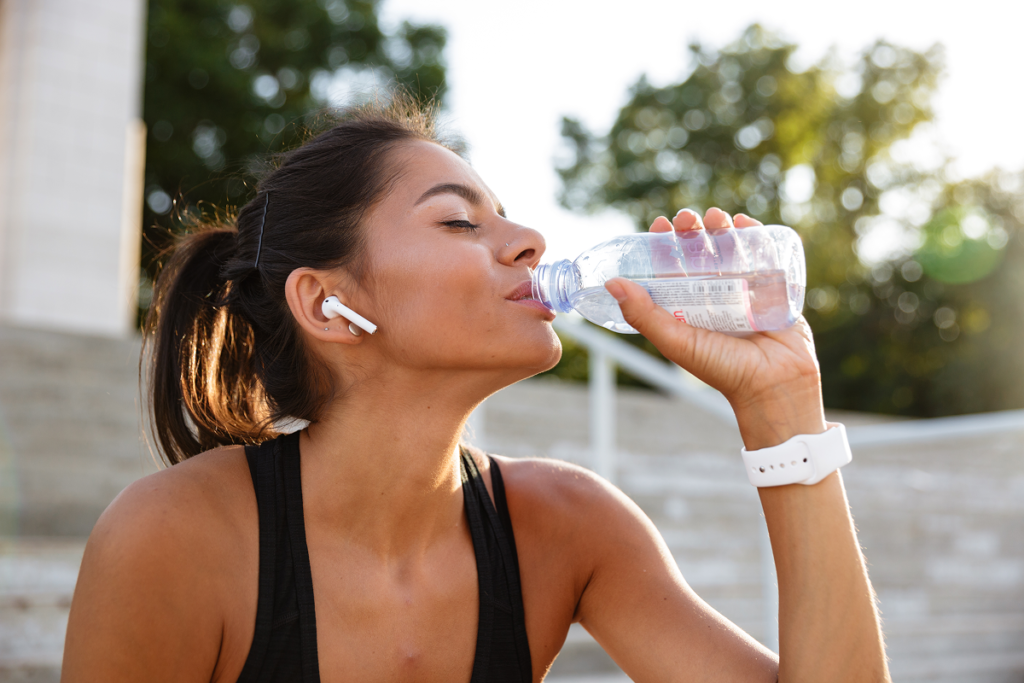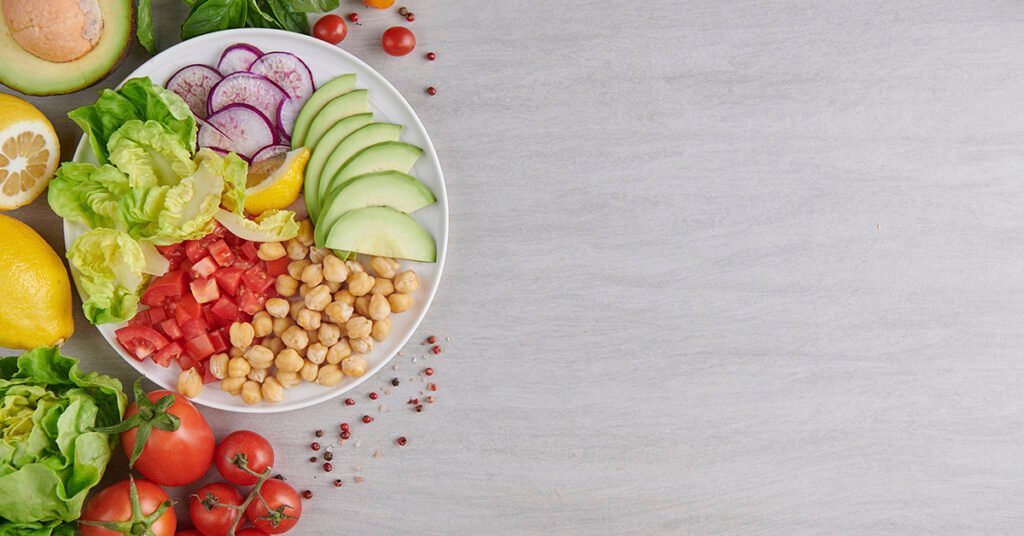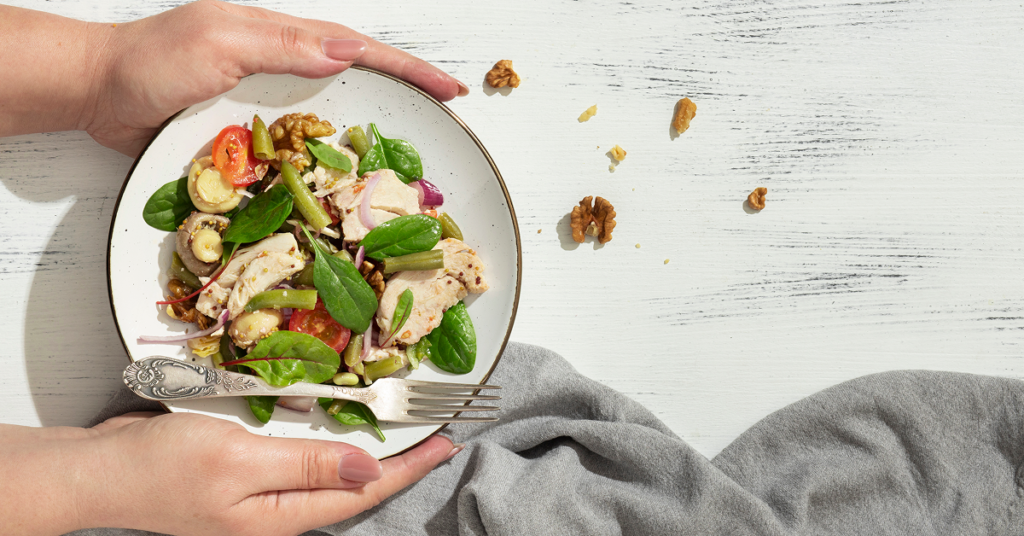Looking for a simple, natural way to support your weight loss journey? Drinking water for weight loss might be the habit you’re missing. Water does more than just keep you hydrated — it plays a powerful role in boosting metabolism, reducing cravings, and improving digestion. Whether you’re trying to shed a few pounds or maintain a healthy lifestyle, staying properly hydrated can help your body burn fat more efficiently and control hunger naturally. In this post, we’ll explore how drinking more water can help you lose weight and feel your best — backed by science and easy tips you can start today.
Drinking Water for Weight Loss. How Water Boosts Metabolism?
Metabolism is your body’s engine. It’s the process by which your body converts what you eat and drink into energy. Even when you’re at rest, your body needs energy for basic functions like breathing, circulation, and cell repair. This is called your resting metabolic rate (RMR) — and water plays a key role in keeping it running efficiently.
1. Water-Induced Thermogenesis
One of the most fascinating ways water boosts metabolism is through a process known as water-induced thermogenesis. When you drink water — especially cold water — your body uses energy to heat it up to body temperature. This burns extra calories in the process.
Quick Fact:
A study published in the Journal of Clinical Endocrinology and Metabolism found that drinking 500 ml (about 17 oz) of water can increase metabolic rate by up to 30% for 30–40 minutes after consumption.
That’s roughly 24 extra calories burned just from drinking a single glass of water.
2. Water Supports Cellular Functions and Energy Production
Every cell in your body relies on water to perform its metabolic functions. Water is necessary for:
- Transporting nutrients and oxygen
- Removing waste and toxins
- Facilitating enzyme reactions involved in energy production
When you’re dehydrated, your metabolism slows down because your body doesn’t have enough fluid to carry out these vital processes efficiently.
3. Water Improves Mitochondrial Efficiency
Your mitochondria — the “powerhouses” of your cells — are responsible for converting nutrients into energy. Hydration supports healthy mitochondrial function, which improves energy metabolism. Simply put, well-hydrated cells = more efficient fat and calorie burning.
4. Cold Water Burns More Calories
Cold water doesn’t just feel refreshing — it works harder for your metabolism. Since your body needs to warm the water to maintain its core temperature, you burn more calories digesting cold water than warm or room-temperature water.
Tip: Sip on cold water throughout the day, especially before meals and workouts, to subtly enhance calorie burn.
5. Water Reduces Stress Hormones That Slow Metabolism
Dehydration increases the production of cortisol, your body’s primary stress hormone. Elevated cortisol levels are associated with slower metabolism, increased belly fat, and cravings for sugary, high-calorie foods.
Drinking enough water helps regulate cortisol levels and keeps your metabolism functioning more efficiently, especially during weight loss or when you’re under stress.
How Often Should You Drink Water for a Metabolism Boost?
Instead of drinking large amounts all at once, sip water consistently throughout the day to keep your metabolism steady. Here’s a simple hydration plan:
- Morning: 1 glass after waking up
- Before meals: 1 glass 20–30 minutes before eating
- During workouts: Sip water throughout
- Evening: 1 glass an hour before bed (not right before, to avoid sleep disruption)

Why Water Helps with Hunger Control
1. Fills the Stomach Temporarily
When you drink water, it takes up space in your stomach. This sends signals to your brain that your stomach is getting full, which can reduce feelings of hunger — especially before meals.
Tip: Drinking a glass of water 20–30 minutes before meals can help you eat less.
2. Thirst Is Often Mistaken for Hunger
Many people confuse thirst with hunger. Mild dehydration can make you feel tired, moody, or “snacky,” which leads to unnecessary eating.
Next time you feel hungry between meals, try drinking a glass of water first. If the hunger fades, it was likely thirst.
3. Supports Blood Sugar Balance
When you’re dehydrated, your blood sugar can fluctuate more easily, which can trigger cravings for sugar or carbs. Staying hydrated helps maintain more stable blood sugar levels and reduces those intense cravings.
4. Boosts Willpower
Even slight dehydration can affect your mood, focus, and decision-making. When you’re well-hydrated, you’re more likely to make healthier food choices and resist cravings for junk food.
Scientific Evidence
- A study published in Obesity found that people who drank 500 ml of water before meals lost more weight and consumed fewer calories compared to those who didn’t.
- Another study in Appetite showed that drinking water reduced the desire to eat in middle-aged adults.
How Much Water Should You Drink for Weight Loss?
While individual needs vary, a general guideline is:
- 2 to 2.5 liters (8–10 cups) of water per day for women
- 2.5 to 3.7 liters (10–15 cups) per day for men
You may need more if you’re physically active, live in a hot climate, or eat a high-protein or high-fiber diet.
Easy Tips to Drink More Water Every Day
- Start your morning with a glass of water
- Carry a reusable water bottle everywhere
- Set reminders or use hydration apps
- Add slices of lemon, cucumber, or berries for natural flavor
- Drink herbal teas or infuse your water with mint
Conclusion
Drinking more water is one of the easiest and healthiest habits to support weight loss. It helps you feel full, boosts your metabolism, and keeps your body running smoothly. Combine this habit with a balanced diet and regular exercise, and you’ll be on your way to reaching your wellness goals.
Ready to lose weight the healthy way? Start with a glass of water today!
Images: freepik



